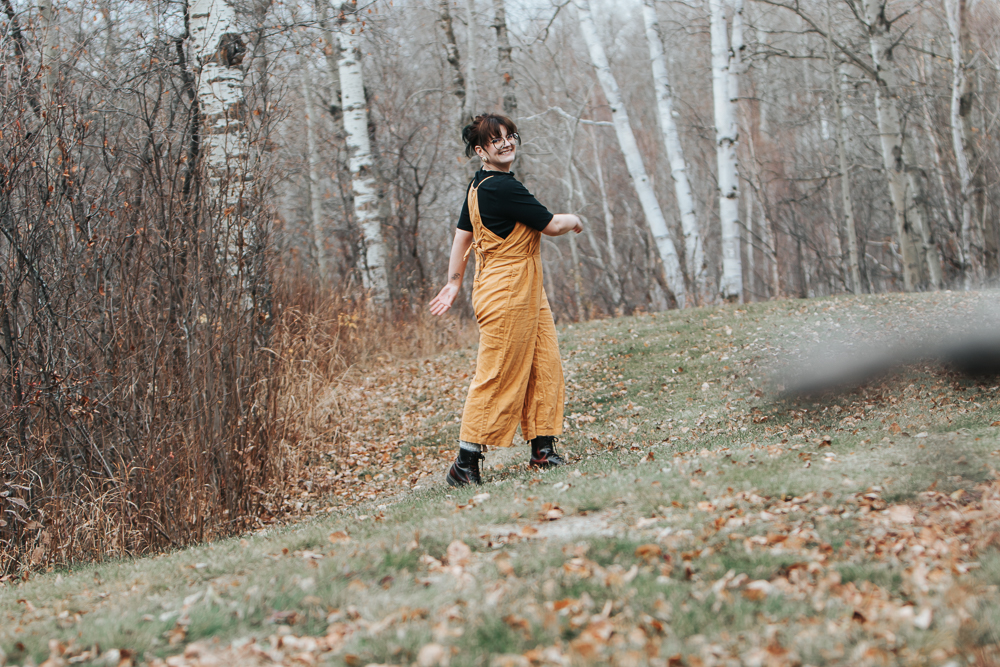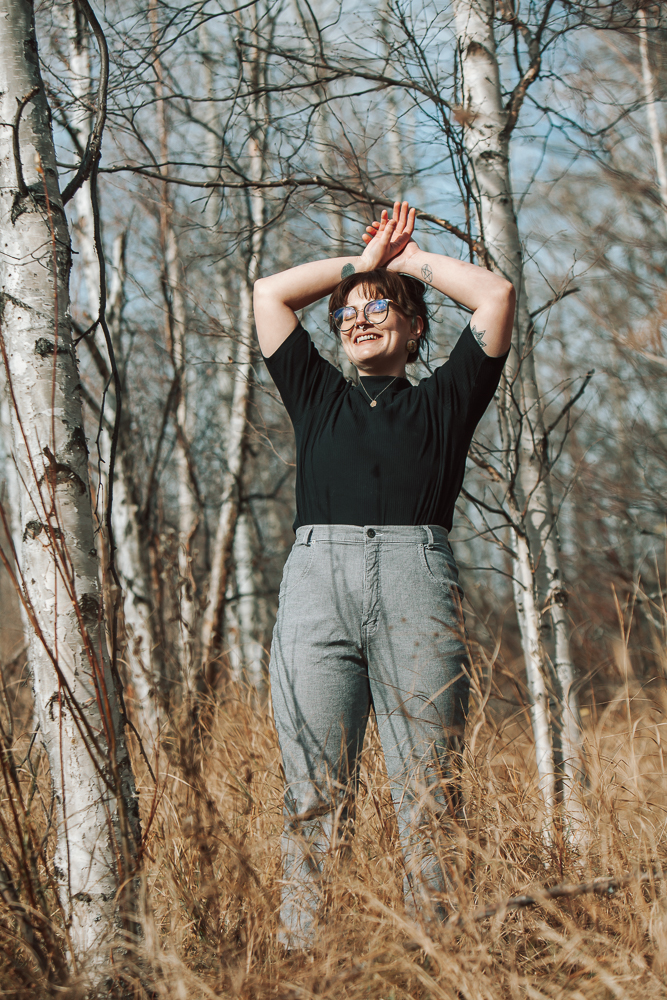What is Reiki?
Reiki is a Japanese relaxation technique, based on the properties of Universal Energy. It can be channelled to the person receiving via hands-on or hands-off touch, to help shift your body into a place of deep rest. It is a powerful, gentle, and safe modality for everyone.
Reiki is ideal for supporting the body’s nervous system, and has the ability to support the physical, mental, and spiritual body to recharge, realign, and repair. Receiving Reiki can help you shift, process, and integrate energy, emotions, and physical symptoms. By allowing space for your body/mind to practice radical rest, we are able to listen to what it needs/wants more deeply, honestly, and authentically.
Because there are so many ways that stress, emotions, and physical injury can impact the body, Reiki can help with symptoms for a range of conditions, but is most effective for anxiety reduction, stress management, and burnout prevention. By supporting the connection between the body/mind, there are higher levels of relaxation and repair while in a state of deep physical and mental rest. This can look like going from an overactive high-tone dorsal state (fight/flight/freeze chronically overactivated becomes Functional Freeze aka Burnout Loop) into a ventral vagal (social engagement and connection system) or low-tone dorsal state (rest/digest/reproduce). By supporting the nervous system this way, the body is able to create space to heal.
By allowing space for your body/mind to practice radical rest, we are able to listen to what it needs & wants more deeply, honestly, and authentically.
Reiki is not useful on its own for complex conditions that require the additional support of other medical professionals, such as C-PTSD, chronic depression, spinal damage, microbial infections, or conditions resulting from inadequate nutrition. Though it can support long-term recovery, it is best to be used in conjunction with other modalities to support overall wellness.
Sessions with me have a focus on supporting your nervous system to reduce stress in the body, and are intuitively guided by the body and Reiki.
What does Reiki feel like?
Most commonly, Reiki can create sensations in the body such as heat, coolness, or wind. It is often described as having the effect of a deep meditative state, and occasionally people may fall asleep or drift into a dream-like state. People often describe it as deeply relaxing and rejuvenating, though all experiences are welcome and normal, as Reiki is a subjective experience dependent on the person and situation.
Is Reiki a good replacement for other types of therapy, such as counselling or physiotherapy?
Reiki can sometimes work for people who have tried other routes and failed to see improvement. However, it is generally best to use Reiki in tandem with these other therapies, as it can enhance the results. For example, Reiki can help the body begin to process stress and emotions, but it can be very helpful to have a counsellor to talk to about the feelings that arise as you go through this process. Similarly, sometimes physiotherapy doesn’t give good results if muscular activity is altered/hampered by the fight/flight/freeze response in your nervous system; however, the physiotherapy interventions may become more effective once you achieve a calmer state through Reiki.
How does Reiki help if the practitioner doesn’t manipulate bone or tissue? Don’t you have to physically do something to create change?
Deep listening IS doing something, regardless of whether the practitioner listens with their hands or their ears. In fact, physical touch elicits a very primal nervous system response because it is the first way we communicate when we enter the world before the verbal centre of the brain develops.
You would not try to have a conversation with a crying newborn baby; you would hold them to help achieve calm. What is remarkable about our culture is that once we reach adulthood, we receive relatively low amounts of physical touch and it is nearly always qualified by the needs/desires of others. And yet there is plenty of epidemiological evidence that people in cultures where physical touch is normalised experience a lower level of baseline stress (window of tolerance widens). It is notable that people with lower levels of chronic anxiety and stress are statistically much less likely to experience health problems as they age. As such, by providing intuitive, supportive touch, Reiki helps to achieve a lasting, healthier emotional state and is a powerful preventative measure for disease.



